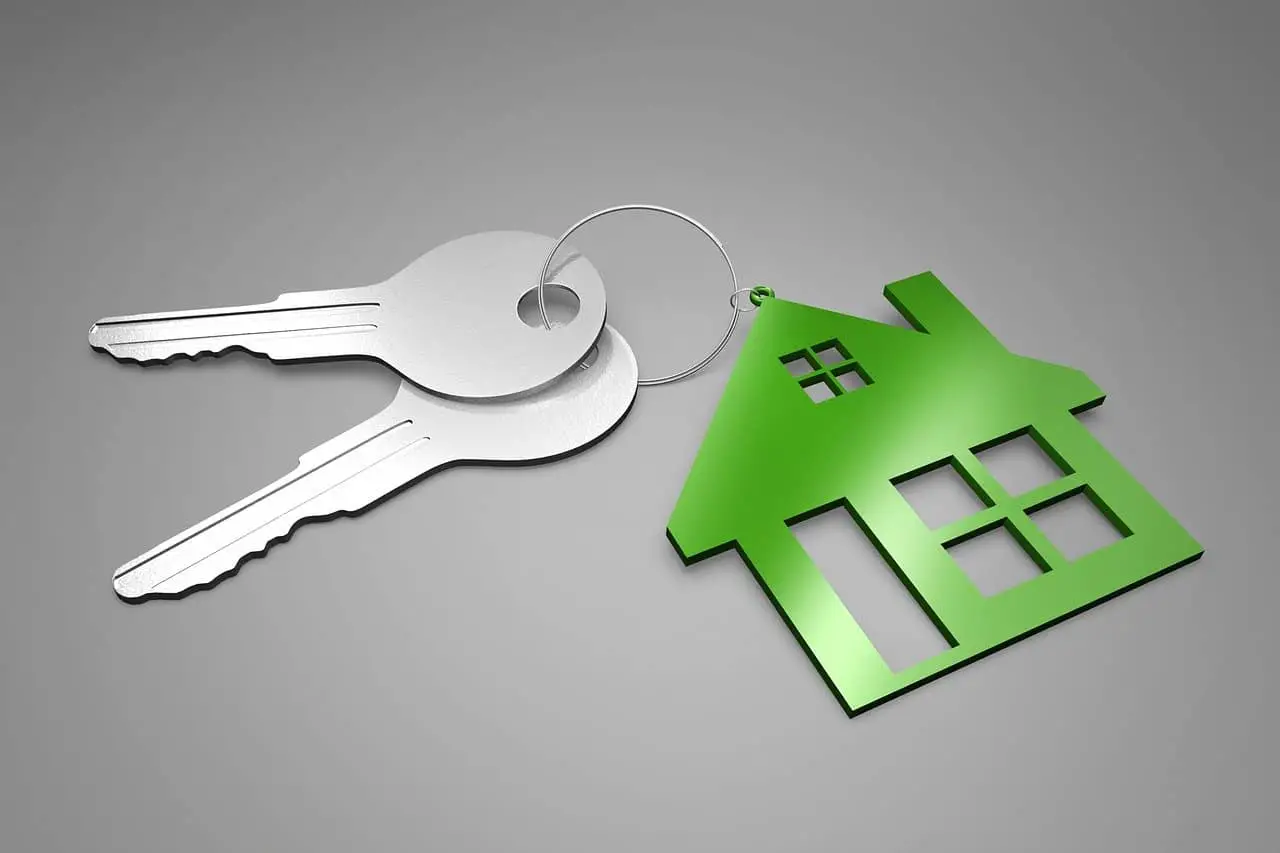It’s a dream of many to work and settle in Germany and live a better life. But sometimes, it turns upside down and it is sad when someone has to face a jobless situation. However, unlike some countries, the German federal government offers one of the best unemployment benefits under certain conditions.
Types of unemployment benefits in Germany
- Unemployment benefit I (Arbeitslosengeld I)
- Unemployment benefit II (Arbeitslosengeld II)
Unemployment benefit I (Arbeitslosengeld I)
If you lose employment and you have contributed to the German taxes, then you are eligible for unemployment benefit I. See below to know how much you can claim based on taxes you paid in previous years
How much you can claim?
You will get 60% (without children) of your net salary from your previous earnings. If you have children, then you are entitled to get 67%. The amount of time for unemployment benefits depends on the age and contributions you made in employment. Your health insurance also will be covered by unemployment benefits.
What happens to Health Insurance if I lose the job?
Insurance is mandatory in Germany and you need to have one even with or without a job. So, you still need to pay for your health insurance provider which is expensive when you are jobless. For this, you need to register in the unemployment office and inform your insurance provider as soon as possible.
- If your age is < 55 and worked for 12 months: 6 months unemployment benefit
- If your age is < 55 and worked for 24 months: 12 months unemployment benefit
- If your age is > 55 and worked for 48 months: 24 months unemployment benefit
How can I apply for unemployment benefit I?
To receive unemployment benefit I, you must register as unemployed. Follow the below steps to apply
1. Registering as a Job Seeker:
You can apply for unemployment benefits in advance if you know in advance in the below situations. Arbeitsagentur allows you to apply earlier and avail benefits as you can plan for searching for the next job accordingly. The unemployment registration can be done before the unemployment (a maximum of three months before).
- If you are fired and serving a notice period
- If you are fired without notice period
- If your company went bankrupt and cannot pay employees
You can apply online here
2. Register in person:
You know that you will be losing the job and registered as a Jobseeker. Now, it’s time to register in person on 1st day of your unemployment. Check with your residence postal code and visit a person to apply for unemployment benefits. Don’t forget to take the below documents along with you
- A valid id or passport
- City registration
- Valid visa
- Notice of dismissal(Termination letter) or fixed-term employment contract if applicable
- CV
- Insurance card
3. Fill application form online:
After you finished with the above 2 steps, it’s time to fill out the application form Antrag auf Arbeitslosengeld. You can get this form from Arbeitsagentur or you can fill online.
You can also calculate how much money you will get based on taxes paid in previous years. Calculate here
Once done, you will receive the post within 2 weeks. Also, you will be invited to meet the counselor and talk about the steps you have taken to search for the job.
Unemployment benefit II (Arbeitslosengeld II)
Unemployment benefit II (“Hartz IV”) is received by people who live in Germany legally in the long-term (i.e. German citizens, under certain conditions EU citizens, or non-EU citizens in possession of a residence permit) if they are older than 15 years, not yet of retirement age and fit for work. In addition to the (cash) benefits to secure existence, recipients of unemployment benefit II are entitled to help with reintegration into the job market.
If your immigration as an EU citizen was exclusively to seek work, you will receive no unemployment benefit II. In this particular case, you could have a claim to social welfare. However, if you take at least marginal employment, you can receive supplementary benefits in accordance with the Social Security Code II. More info you can find here
FAQ:
What happens to Health Insurance if I lose the job?
Insurance is mandatory in Germany and you need to have one even with or without a job. So, you still need to pay for your health insurance provider which is expensive when you are jobless. For this, you need to register in the unemployment office and inform your insurance provider as soon as possible.
I lost my job and my blue card is going to expire, Will my blue card be extended with unemployment benefits?
Yes, you can extend your Blue Card/Residence permit. Check with Auslandebehörde and request an extension. Make sure you carry all the required documents (documents received from unemployment benefits)
I worked less than a year, Can I apply for unemployment benefits?
It totally depends on the Arbeitsagentur office. As per requirements, you need to work at least 12 months to avail of the benefits. However, it’s worth giving a try














